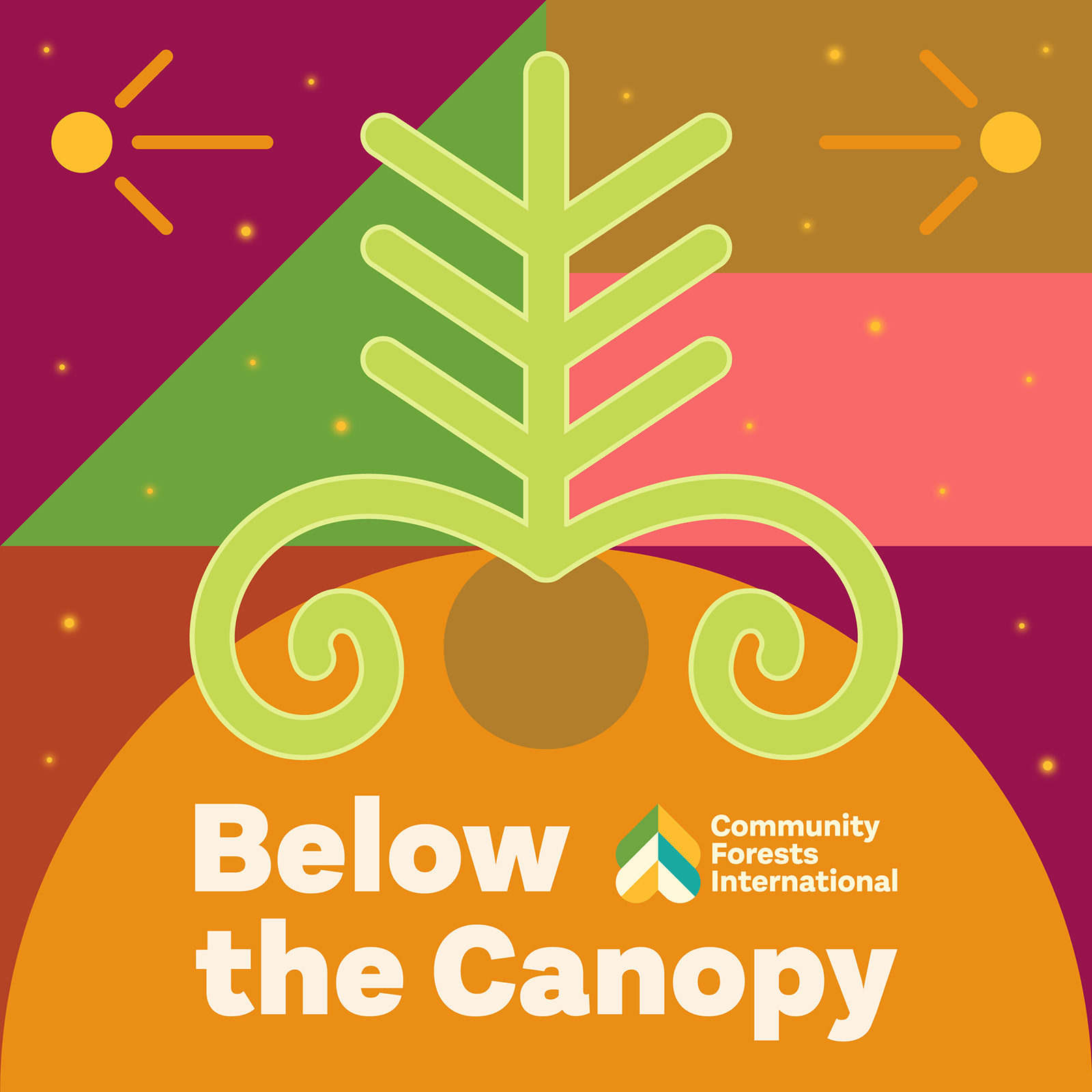Restoring Canada’s forgotten forest with Jamie Simpson
The Wabanaki forest—also known as the Acadian forest—is one of Canada's most diverse and endangered temperate forest types, yet is largely unknown to the general public. In this episode, Megan speaks to Jamie Simpson—a forester, lawyer, woodlot owner, and the author of Restoring the Acadian Forest: A Guide to Stewardship for Woodlot Owners in Eastern Canada. Jamie traces the history of the Wabanaki forest since colonization and describes pathways for restoring this unique forest to its former abundance.
Resources and further reading:
- Restoring the Acadian Forest: A Guide to Stewardship for Woodlot Owners in Eastern Canada, Jamie Simpson, Nimbus Publishing, 2014
- New England-Acadian Forest Restoration: A Landowner’s Guide to Theory and Practice, Josh Noseworthy, 2018
- “Our Changing Forest”, video series from Community Forests International, 2020
In this episode, Jamie references the Medway Community Forest Cooperative and the Mi’kmaq Forestry Initiative.
We would like to acknowledge the Government of Canada for supporting this project.
Podcast artwork by Emma Hassencahl-Perley and Erin Goodine.
Sign up for Community Forests International's newsletter to stay up to date with Below the Canopy and the rest of our work!
To support Community Forests International, please visit: forestsinternational.org/donate.

